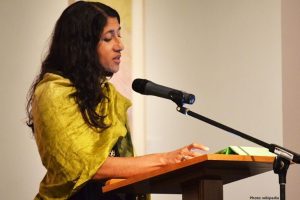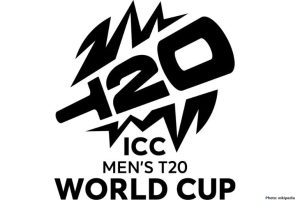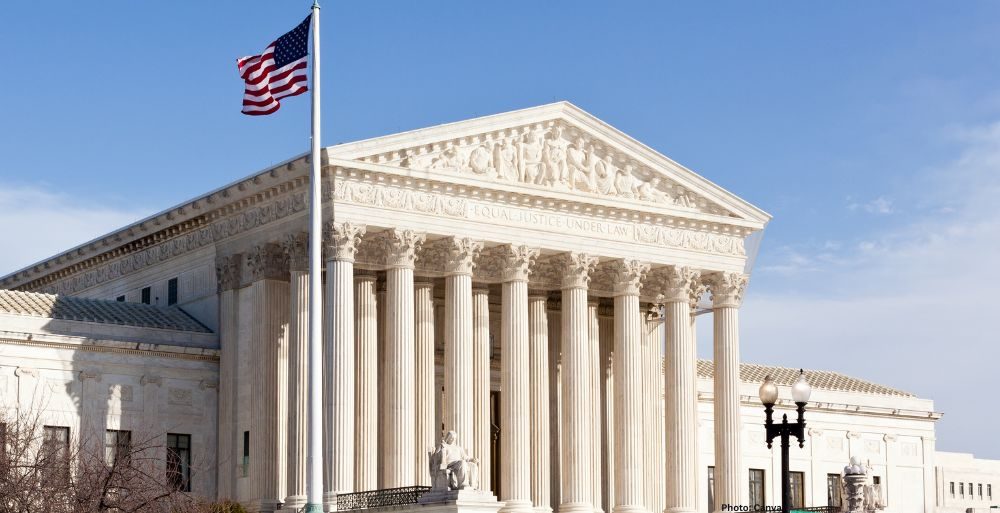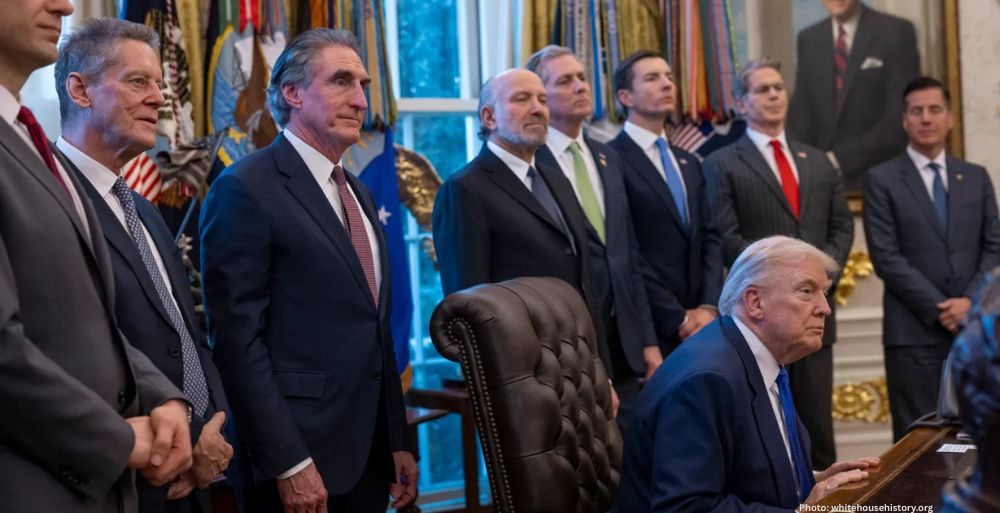The Department of Justice is now left with few clear options after two high-profile cases against critics of former President Trump were thrown out, leaving the agency navigating uncertain legal ground if it intends to pursue the prosecutions again.
A federal judge on Monday dismissed the charges against former FBI Director James Comey and New York Attorney General Letitia James, ruling that the U.S. attorney chosen by Trump to oversee the prosecutions was unlawfully appointed.
U.S. District Judge Cameron Currie ruled that Lindsey Halligan, the prosecutor at the center of the controversy, had exercised power she did not legally possess. Because her appointment was invalid, any action she took “must be set aside,” the judge wrote.
Still, Currie dismissed the cases in a way that technically allows the DOJ to try again — though doing so would require navigating a complicated, uphill legal battle.
“This ruling gives the DOJ a preview of the fight ahead if they attempt to reindict,” said former federal prosecutor Jackie Kelly. “If the attorney general is serious about moving forward, it appears they intend to pursue these prosecutions by whatever means remain legally available.”
A complicated and risky route forward
Even with the judge leaving a narrow pathway open, legal experts say the DOJ has few strong options.
In Comey’s case, the most significant obstacle is the statute of limitations: the alleged conduct occurred more than five years ago, raising doubts about whether the case can legally be revived.
“My guess is they try to refile the case,” said Rep. Glenn Ivey (D-Md.), a former prosecutor. “But it’s still a very difficult road, and rightly so.”
Currie hinted that attempts to overcome the expired statute of limitations would face steep legal challenges, though she did not rule on the issue directly.
Even if Halligan’s appointment is restored on appeal, the cases would immediately encounter additional problems, including arguments that grand jury procedures were flawed and allegations that the prosecutions were politically motivated given Trump’s long-running feud with Comey and James.
“It’s hard to imagine a clearer example of a vindictive prosecution,” Ivey said. “You have the president himself demanding charges. There’s a massive paper trail of statements demonstrating political motive.”
Ivey argued that the DOJ’s cases appear weak overall and would face an uphill battle even at trial. “Juries could very well acquit them — it wouldn’t be the first time.”
Different prospects for Comey and James
Attorney General Pam Bondi announced Monday that the DOJ would appeal the ruling immediately while defending Halligan as an “excellent U.S. attorney.”
However, the DOJ could also attempt to reindict simultaneously.
According to Kelly, reindicting Letitia James would be far simpler than reindicting Comey.
In Comey’s case, a special rule allowing prosecutors to refile charges within six months after dismissal would only apply if the original indictment was “valid” — something Currie challenged in a footnote, suggesting the void indictment may not qualify.
Former prosecutor Katie Sweeten explained that if Currie’s interpretation stands, the DOJ may be out of time: “Because the indictment was invalid, they can’t argue the clock stopped running.”
However, since Currie didn’t formally rule on the statute-of-limitations question, the DOJ could still test the issue in court.
Halligan’s disqualification remains the central blow
Halligan’s status ultimately proved fatal to the cases. The DOJ attempted to retroactively fix her appointment by designating her a “special attorney,” but Currie rejected the maneuver, saying it did nothing to legitimize her prior actions.
She warned that accepting the government’s position would create dangerous precedent: any private citizen could theoretically be placed in a grand jury room as long as the attorney general approved it afterward.
Even so, Bondi insists Halligan will continue in her role, similar to other Trump-aligned U.S. attorneys previously found unlawfully appointed in New Jersey, Nevada and California. All remain in their offices under alternative titles while appeals proceed.
Sweeten argued that rebranding Halligan as a special attorney is likely “legally ineffective,” but acknowledged the practical reality: “No one is going to physically remove her from the building.”
A possible silver lining for the DOJ
Despite the setbacks, prosecutors may still benefit from the dismissals.
Comey had raised numerous concerns about procedural mistakes — including misleading statements to grand jurors and irregularities in how the indictment was approved.
By starting over, prosecutors can correct many of those missteps before trying again.
“It gives them a chance to clean up the errors that were baked into the case,” Kelly said.
Still, others remain unconvinced that the DOJ can rescue these prosecutions.
“They aren’t the type to take a hint,” Ivey said. “They’ll probably try again either way. But ultimately, these cases are losers — and they will end the same way.”















